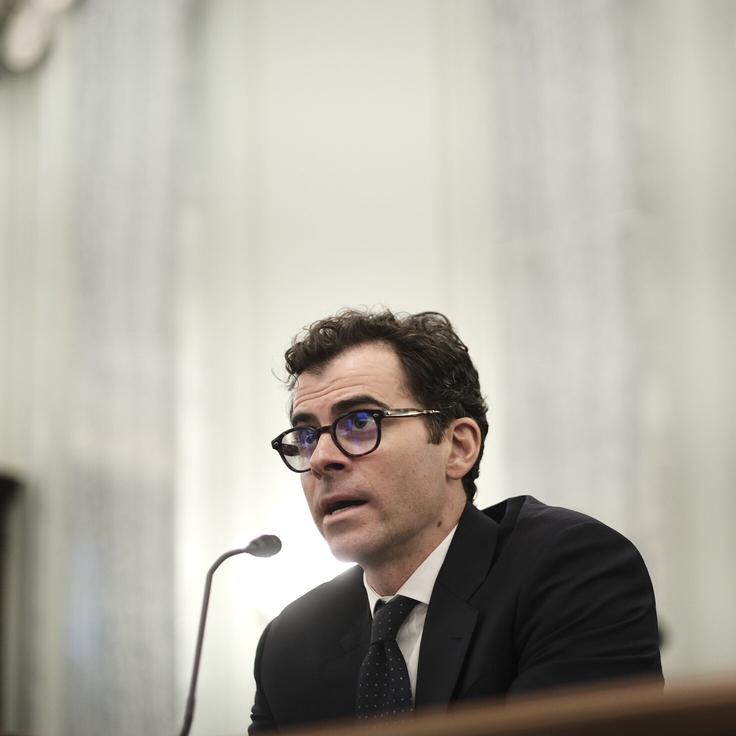Another day, another cryptocurrency meltdown. Even the most ardent blockchain boosters will admit that the vast majority of what WIRED recently called the “flashing-neon crypto casino” of memecoins, NFT drops, and DeFi projects will ultimately go poof and take almost everyone’s money with it. The question we’ve been trying to answer in our journalism is: What is the tiny percentage that will remain and be actually useful?
In a TED talk last month, which went online today, Instagram boss Adam Mosseri offered what felt, at first blush at least, like one of the more compelling answers. One much-touted promise of Web3 is that it will let ordinary internet users truly own their data—and store it on a blockchain no single entity controls, instead of having it harvested and monetized by giant tech companies. Most examples of how this would work have been pretty abstract up to now, but Mosseri offered more specifics by describing how content creators—musicians, writers, artists, vloggers, and the like—might use Web3 to gain a measure of independence from dominant platforms like TikTok, YouTube, and yes, even Instagram.

In Mosseri’s vision, a hypothetical country-music singer called Lisa sells her fans subscriptions, not to Facebook or YouTube or TikTok, but to herself. She issues tokens on a blockchain that give the bearer access to all her music wherever it lives online. The platforms still host the music, but they no longer control Lisa’s relationship with her subscribers. They can’t decide what data she sees, sell her subscribers’ data to third parties, or suddenly hike their cut of her income. If she decides to stop using a platform—or if the platform itself kicks her off, or goes bust—she doesn’t lose her subscriber list. In the talk, Mosseri said this would mark “a dramatic shift in power away from platforms like [Instagram] and to … creators.” He also hypothesized that creators could use this method as a form of equity crowdfunding—whipping up investment early on in their careers from fans who would get a share of their income later.
But how will this work in practice? How much independence would Lisa really gain—and what would she lose? And why would giant companies like the one Mosseri works for agree to give up their power? We caught up with him after the talk and asked him to flesh out his vision—which, he conceded, is “less likely to happen than it is not to happen.” This interview has been condensed and lightly edited for clarity.
WIRED: The idea that you're proposing epitomizes one of the central promises of Web3, which is to give people control over their data. It sounds very enticing for content creators, but all the platforms would have to agree to it. Why would it be in their best interest, and what would make them cede that control?
Adam Mosseri: I'm not sure that they will. But let me clarify—the idea [of sharing data] is not just about portable subscriptions. Every platform has an interest for the creator ecosystem to be built on a stable financial base. I don't think it is right now. There are a lot of creators out there. They make money by way of a jerry-rigged group of tools. Over the long run, you want to see more stability and an economic foundation for the creator ecosystem. I think platforms will be giving up some short-term control for there to be a larger pie in the long run. A big risk is the size of the market for subscriptions. Is there going to be a meaningful opportunity for a million creators, for 10 million creators, 50 million creators?









